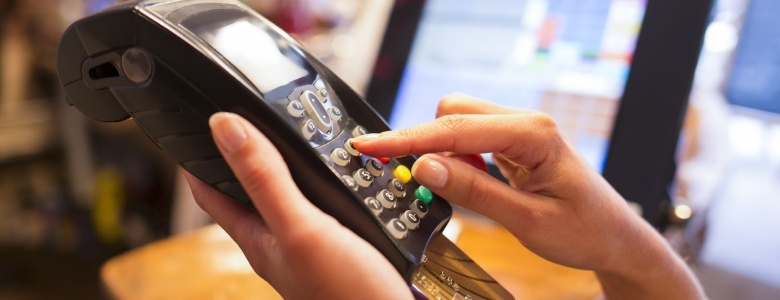
Individuals looking to carry out fraud using checks or credit cards to steal jewelry will attempt to make their transactions with jewelers appear authentic. To earn your trust and get you to lower your guard, they’ll spin tall tales about graduations, gifts that need to be purchased in a rush, or gifts being shipped to soldiers overseas.
Of course, you always want to provide exemplary customer service and to make sales — but it pays to remain wary. Take these precautions before accepting a check or credit card transaction:
- Be suspicious of someone from out of state attempting to purchase merchandise via email over the phone with a check or credit card, especially when that individual is looking for speedy shipment of merchandise that is readily available in that individual’s area.
- For telephone transactions, ask the bank or credit card company that issued the card to verify the caller’s home address. Ship the merchandise only to the address of record.
- If you suspect a credit card or check scam, ask the credit card company or bank to contact the account holder to verify the transaction.
- In cases of suspected credit card fraud, the US Secret Service has jurisdiction. Contact them if you feel you are involved in a potentially fraudulent transaction.
- Be cautious of someone in a hurry using an out-of-state check. Why is that person shopping at your store? (This is more common, of course, if your store is located in an area that draws considerable tourism.)
- Someone who gives you a certified, cashier’s, or personal check after banks have closed or on weekends may be trying to complete a sale before you can verify funds with the institution providing them.
- Anytime you believe you may have received a counterfeit cashier’s check, official check, or money order from a bank, contact the issuing bank directly to report receipt of the check and verify authenticity. When contacting the bank, do not use the telephone number provided on the instrument, as this number could be associated with the scam artist. You can find the mailing address of the bank on the FDIC website.
- Be wary of accepting a check that lacks a pre-printed address or that has a low check number.
- The safest practice is never to let merchandise leave your store until the check has cleared and the funds are in your account.
- Be aware that your bank may be required by law to make funds available to you even if the check has not yet cleared. However, it could take several weeks to know if the check will clear or not.
- Always require two forms of identification for check transactions. One should be a photo ID. Keep a copy of the identification or write down its information.
- Compare all signatures carefully from all forms of identification to ensure they match.
- Have a process that requires check transactions of a certain amount to receive a store manager’s or owner’s advance approval.
- Be wary of checks that are post-dated or that have scratches, odd marks, or other changes.
- Use a check-verification service, especially for transactions over a certain amount.
- Consider video surveillance in your point-of-sale area, and complete transactions only in that area. Check the equipment often to ensure that it is functioning properly and obtaining quality images of customers’ faces.
Curious about how fraud can affect your business? This jeweler's real-life experience sheds light on the topic with a first-hand account.
This post was originally published in May 2014 and has been updated for accuracy.